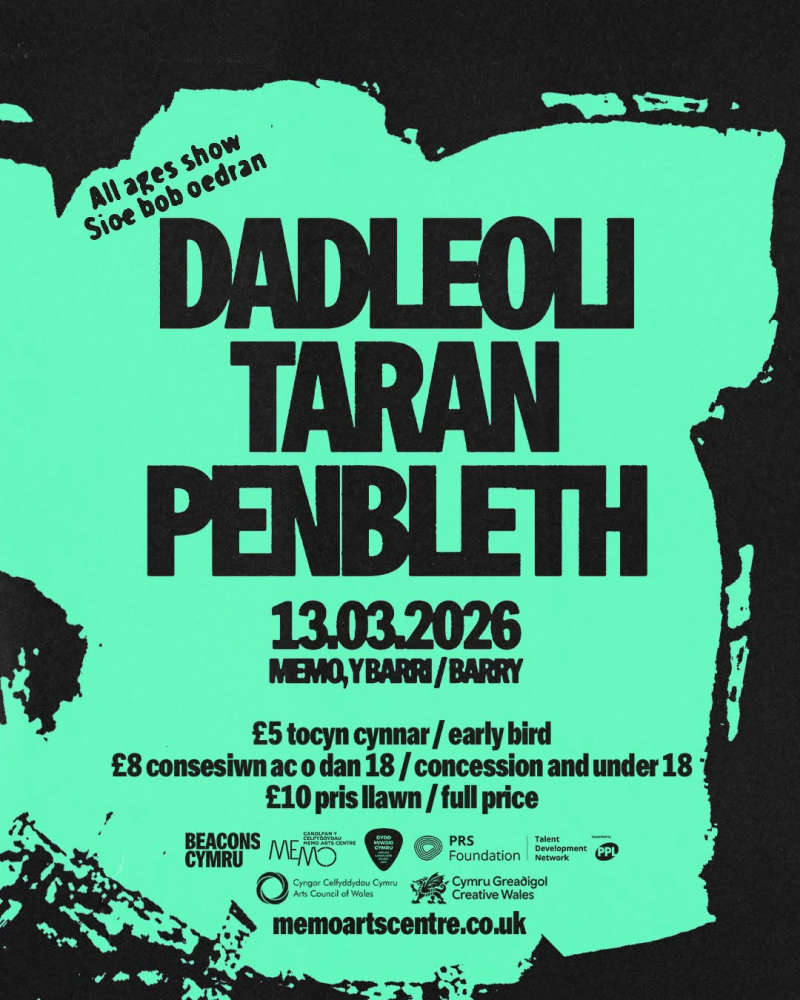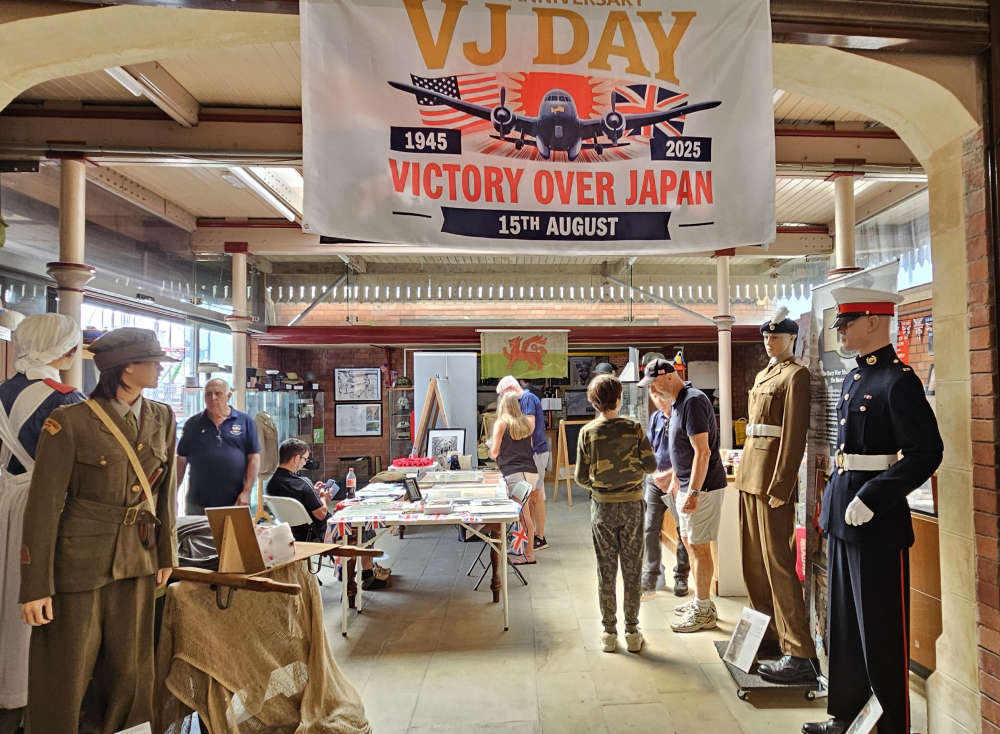
Commenorations were held at the Barry Museum and Heritage Centre for the 80th anniversary of VJ Day.
A series of moving tributes to local heroes were among the highlights as the town's only museum remembered the official end of the Second World War on 15th August 1945.
Author Phil Carradice shared the story of his father, John Matheson Carradice, who served in the British Expeditionary Force (BEF) and was one of the last men to be evacuated from Dunkirk in 1940.
He wen onto serve in India and volunteered for service in the Chindit campaigns behind Japanese lines in the Burma campaign
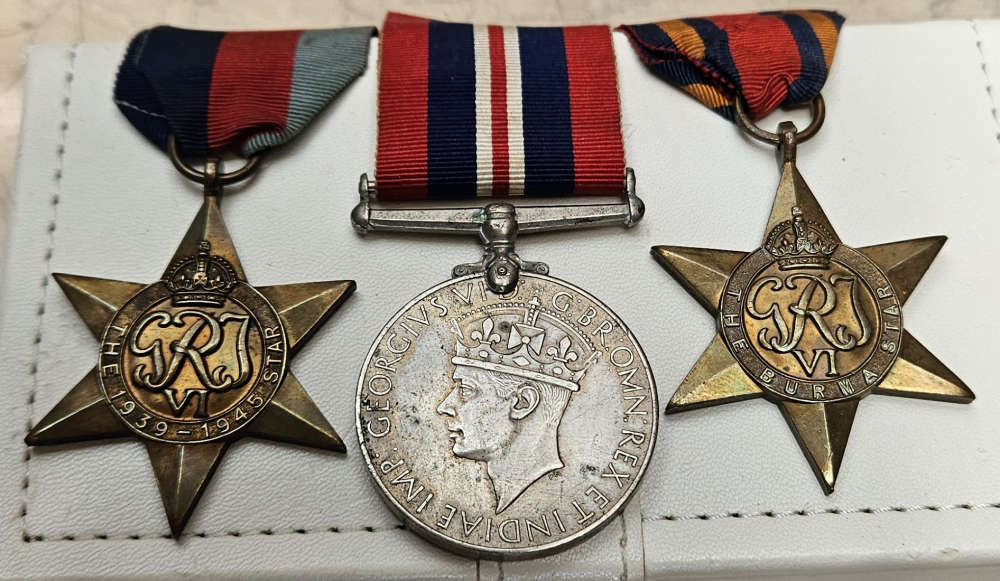
Meanwhile, a 'slouch hat' and war medals belonging to Private Ernie Lewis were put on display by his granddaughter, Deborah Boyle from Rhoose.
Ernie served in Burma, and despite being wounded behind enemy lines, he successfully crawled through the jungle back to his base.
Ernest had married his sweetheart, Bernace Sullivan just three days before sailing to the Far East. He was a former pupil of Holton Road, and the County schools in Barry.
There was also live entertainment with music from the 1940s performed by Llantwit Major band Rhythm and Ukes.
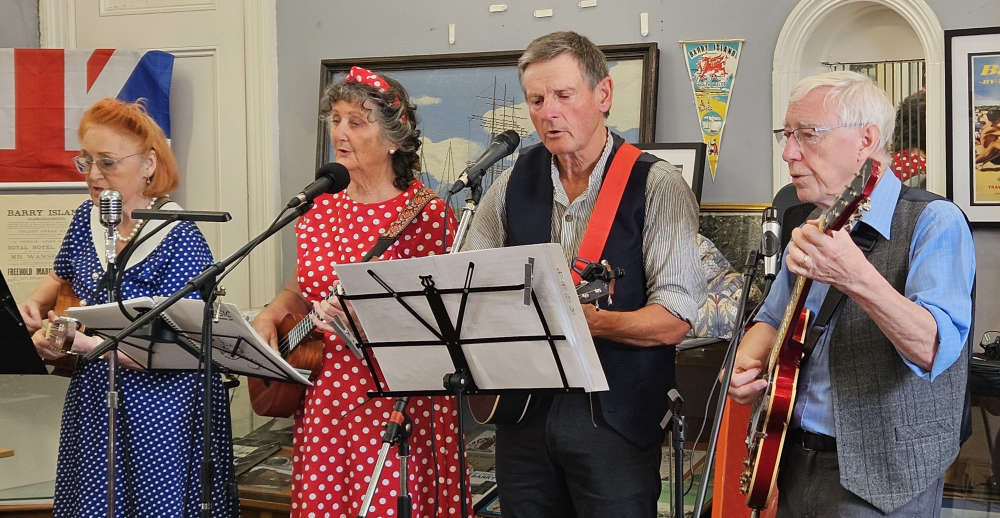
Fighting in the Asia-Pacific took place from Hawaii to North-East India. The British and the Commonwealth’s principal fighting force, the Fourteenth Army, in the Burma campaign featured the largest army group of nearly 1.3 million men and women ever assembled by the British Commonwealth and its allies.
It was one of the most diverse in history - over 40 languages were spoken, and all the world’s major religions represented. Today, descendants of many of the Commonwealth veterans are part of Britain’s multicultural communities.
They faced the twin dangers of Japanese forces and tropical diseases - over 140,000 prisoners of war and civilian internees were treated with "at best indifference and, at worst, considerable brutality".
Forced into hard labour, including building the infamous ‘Burma Railway’, where nearly 12,500 people died - one third of the entire force sent - while the Far East prison camps witnessed a death rate of over 20%, seven times that experienced in German camps.
John Buxton, chair fo the Barry War Museum and Heritage Centre, said: "We remember the contribution of all Commonwealth and Allied Forces, without whom victory and the freedoms and way of life we enjoy today would not have been possible."



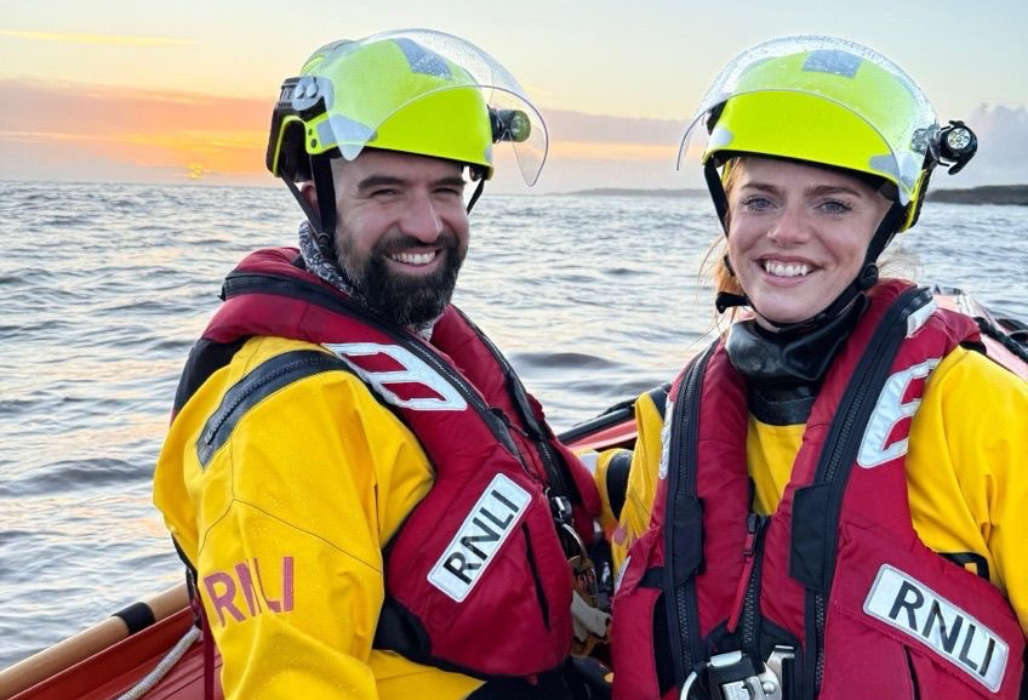 Swapping date night for drysuits at Barry Dock RNLI
Swapping date night for drysuits at Barry Dock RNLI
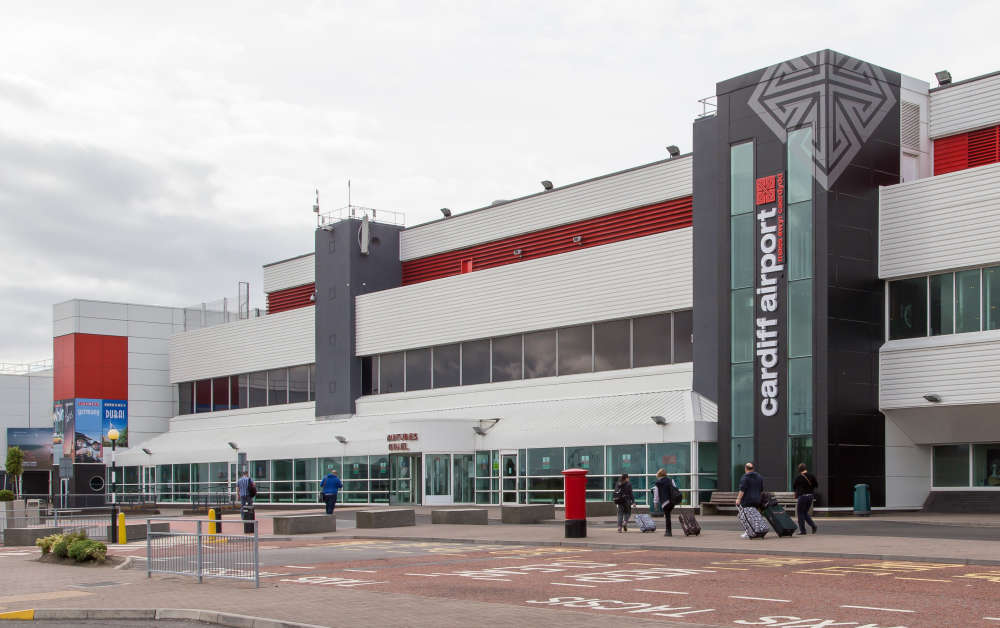 13,900 French Rugby Fans fly into Cardiff Airport ahead of Six Nations Fixture
13,900 French Rugby Fans fly into Cardiff Airport ahead of Six Nations Fixture
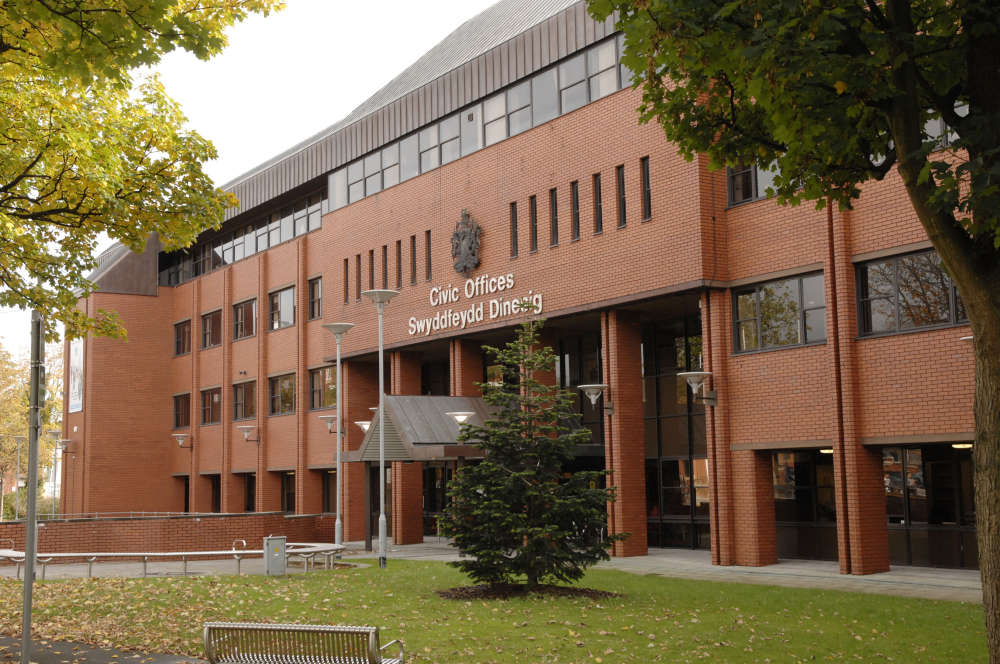 Vale Councillor blasts school funding in the county
Vale Councillor blasts school funding in the county
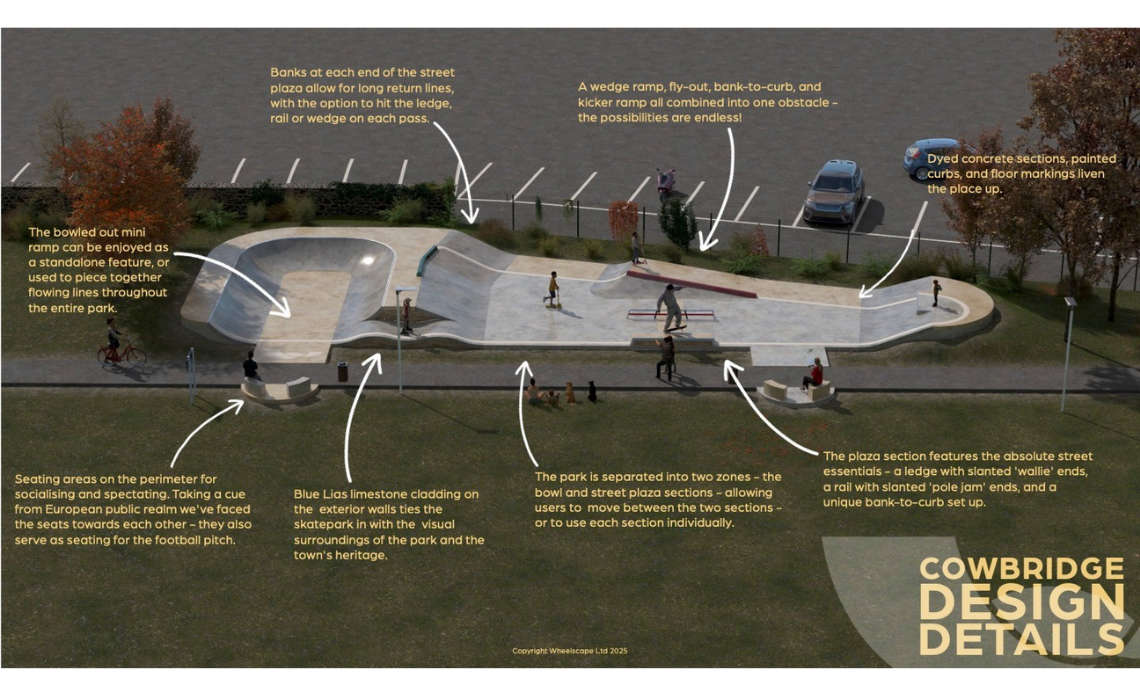 Bear Field Skate Park set for major upgrade as part of new Placemaking Plans
Bear Field Skate Park set for major upgrade as part of new Placemaking Plans
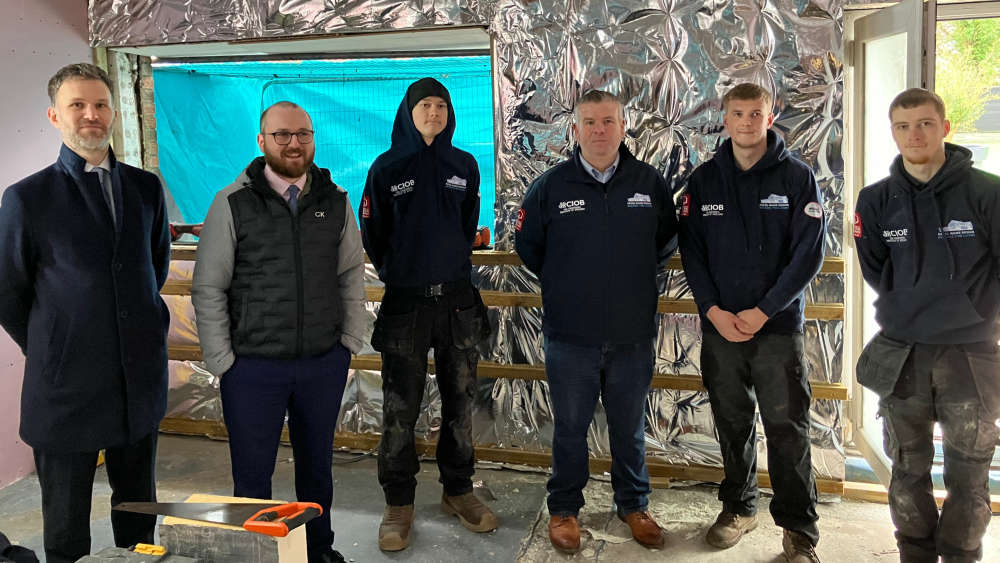 New apprenticeship courses in construction to be introduced in Wales
New apprenticeship courses in construction to be introduced in Wales
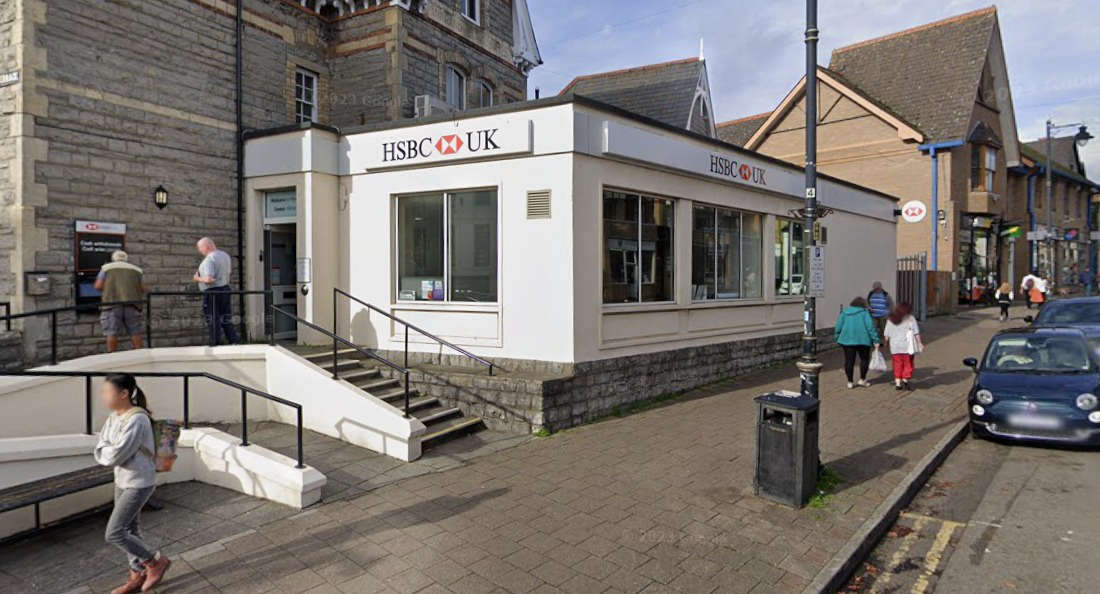 Former Penarth Bank could become a cafe
Former Penarth Bank could become a cafe
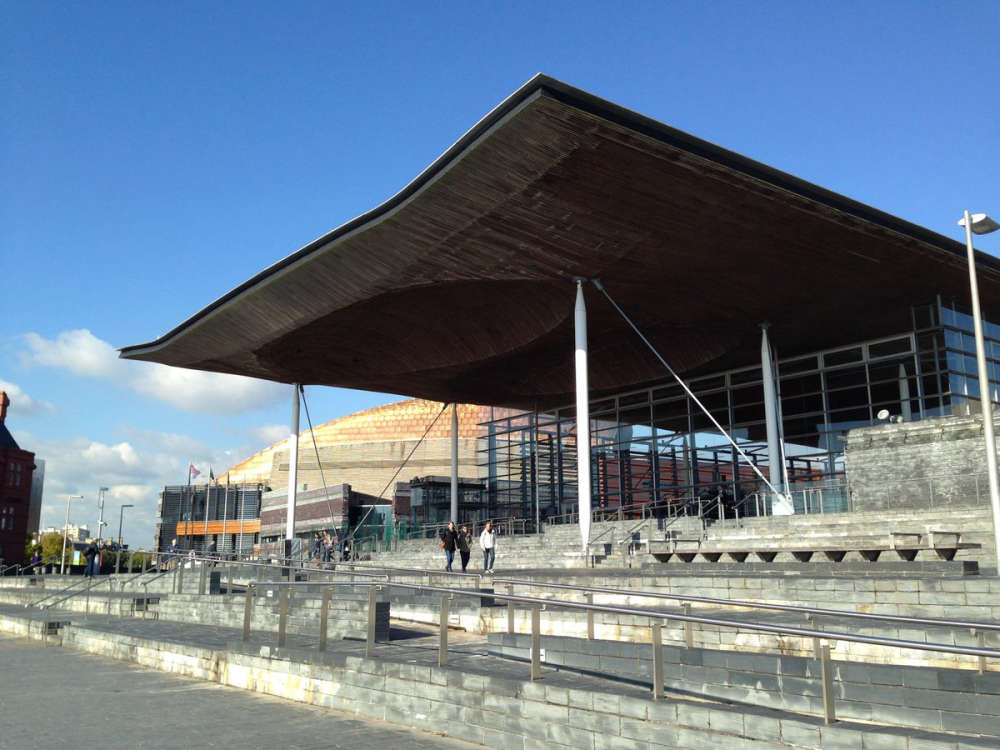 New poll shows majority of Welsh voters lack voting confidence ahead of Senedd Election
New poll shows majority of Welsh voters lack voting confidence ahead of Senedd Election
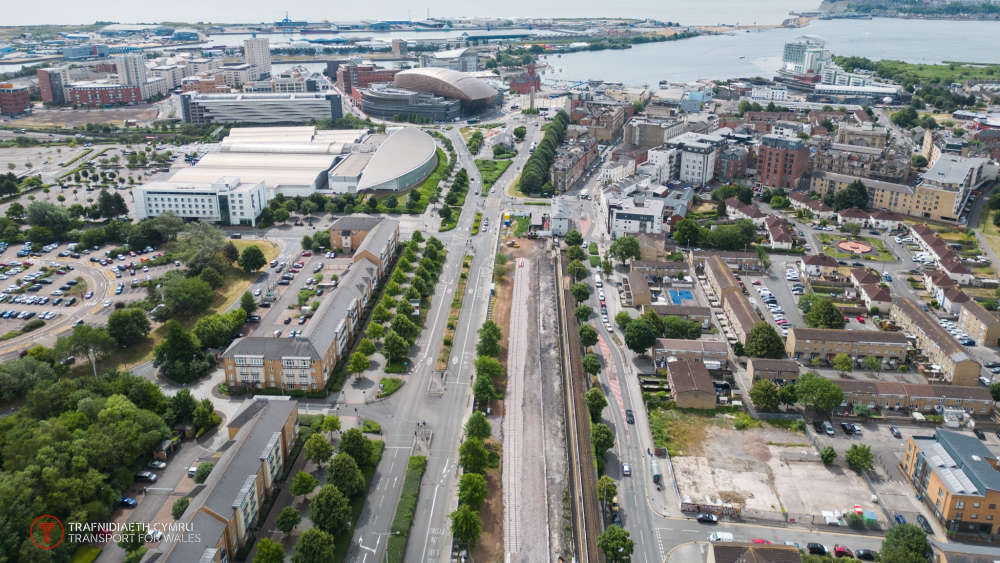 Construction hub secured for rail upgrades
Construction hub secured for rail upgrades
 Prolific thief banned from Holton Road
Prolific thief banned from Holton Road
 Cowbridge: plans for more holiday lodges
Cowbridge: plans for more holiday lodges
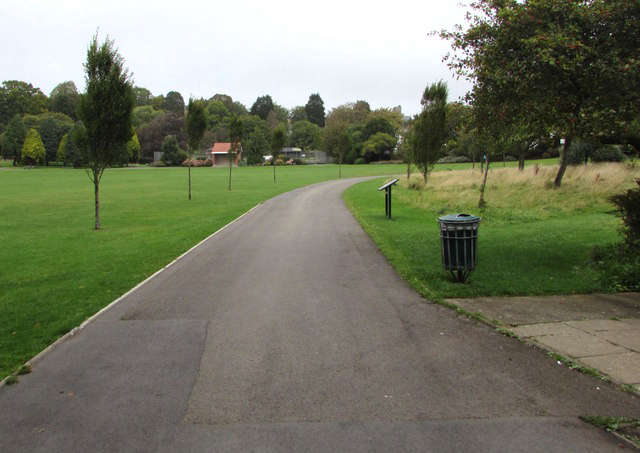 Man dies suddenly in Romilly Park
Man dies suddenly in Romilly Park
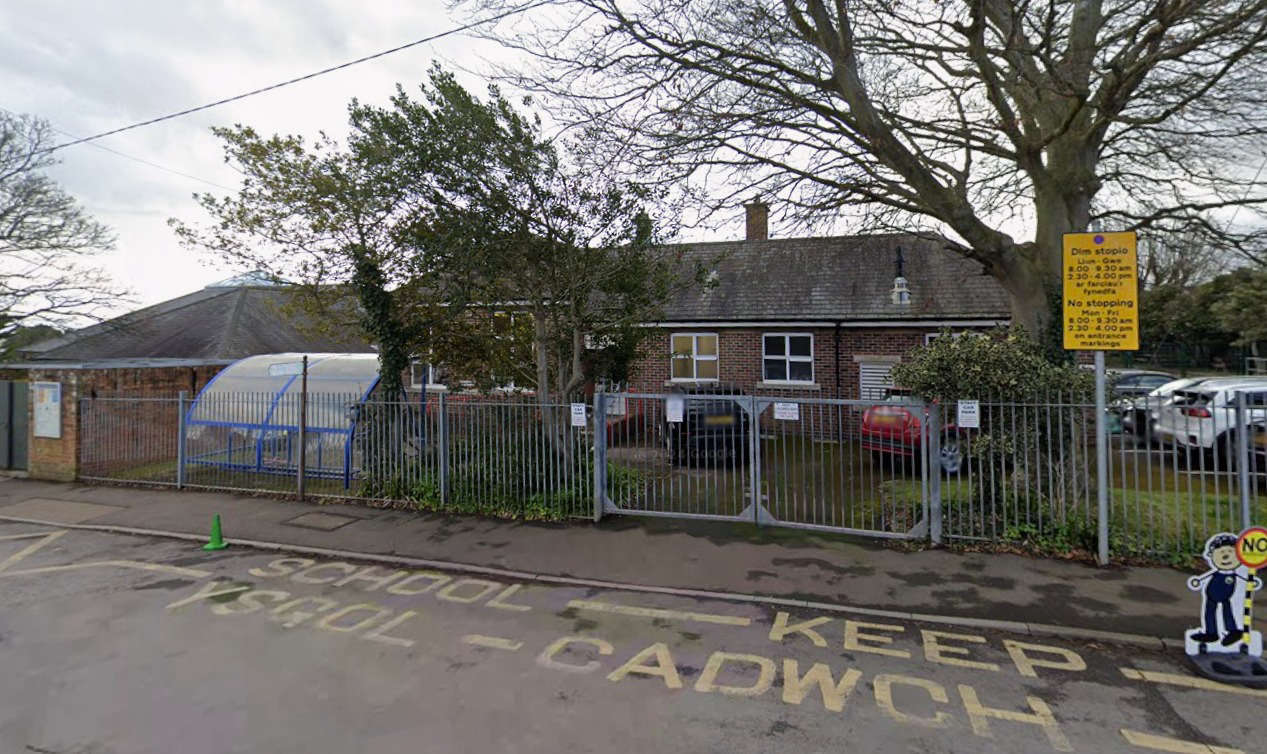 Cash boost for Sully Primary School
Cash boost for Sully Primary School
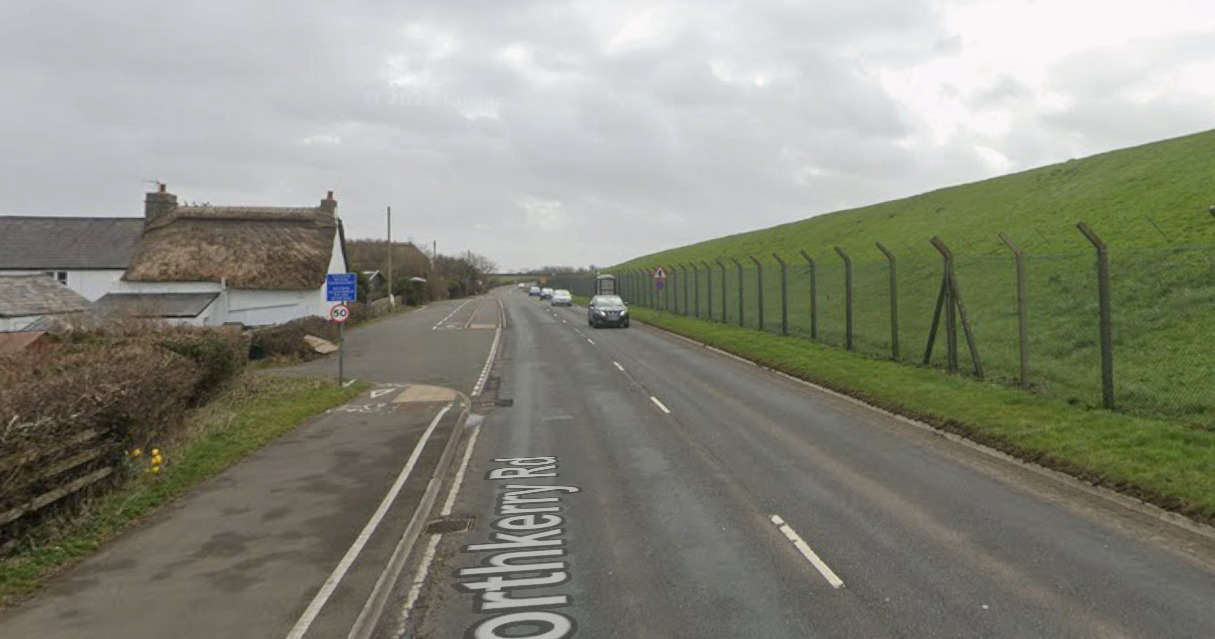 Speed limits reduced despite objections
Speed limits reduced despite objections
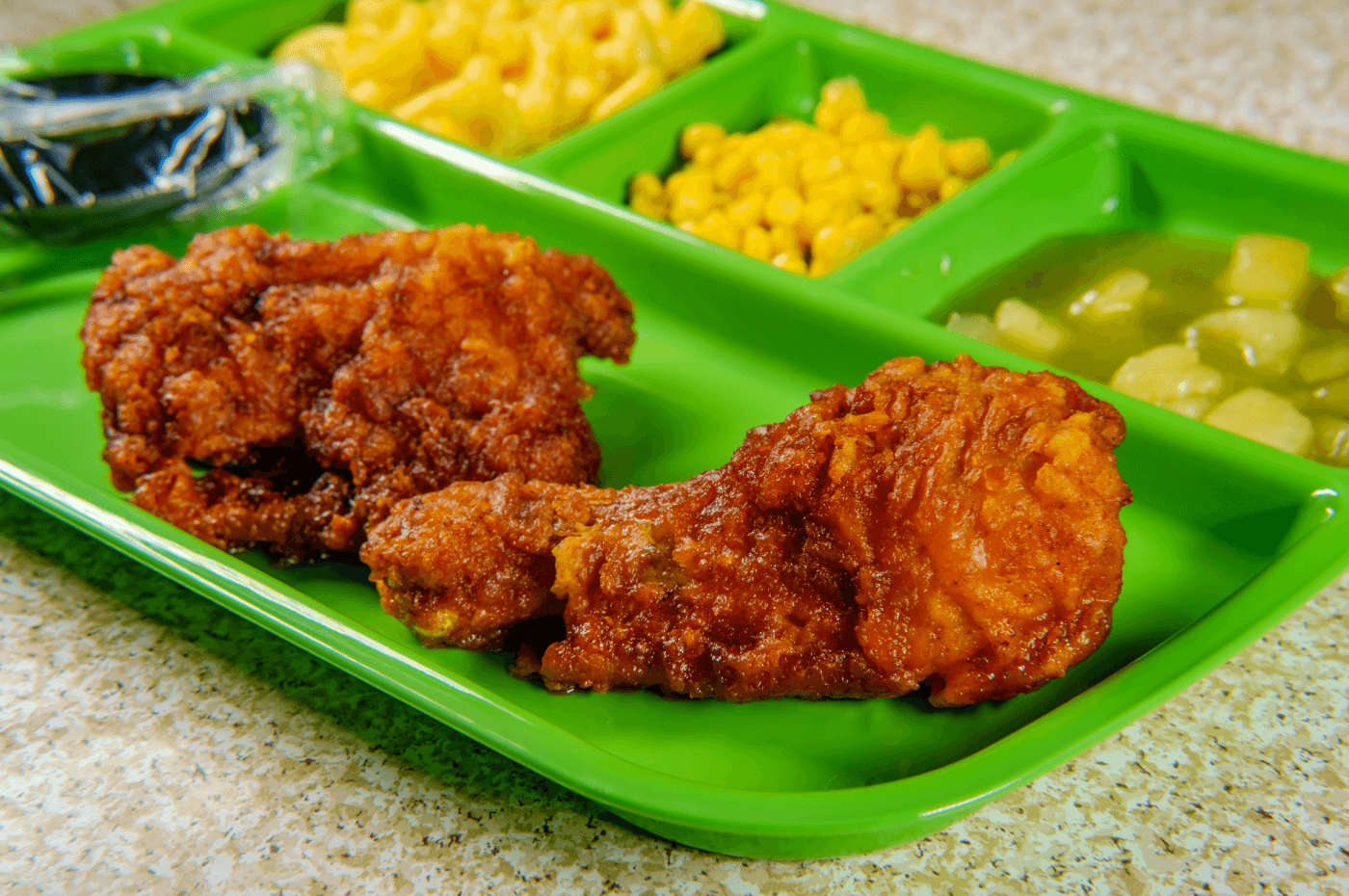 Concern over imported chicken in school meals
Concern over imported chicken in school meals
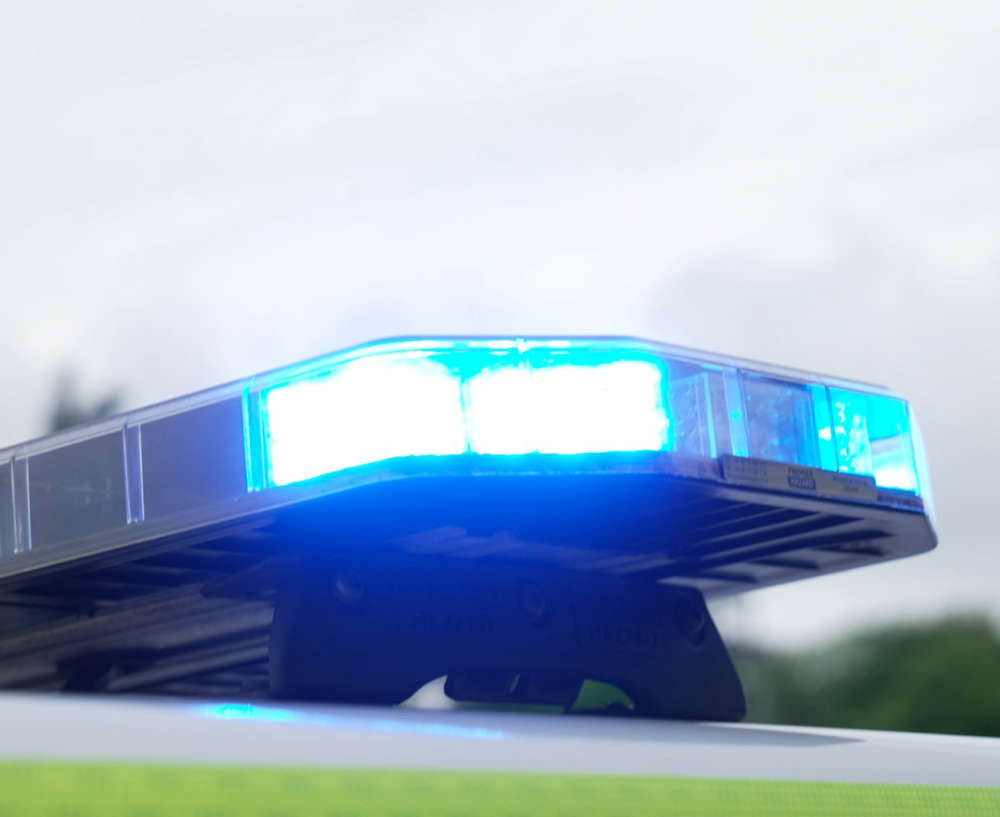 A48 closed after three-vehicle collision
A48 closed after three-vehicle collision
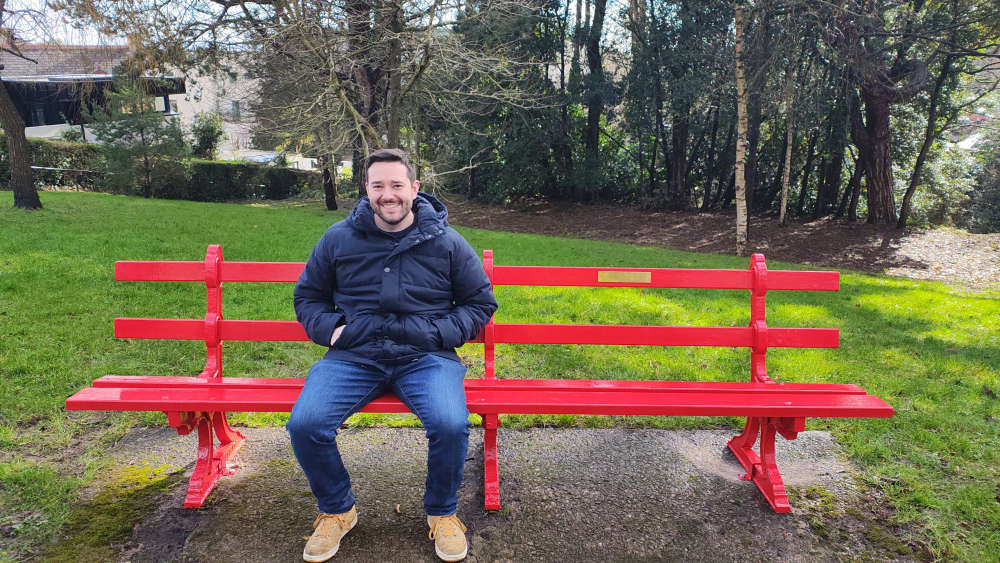 Rhys unveils red bench 'in living memory'
Rhys unveils red bench 'in living memory'
 Barry: plans lodged for 70-home development
Barry: plans lodged for 70-home development





